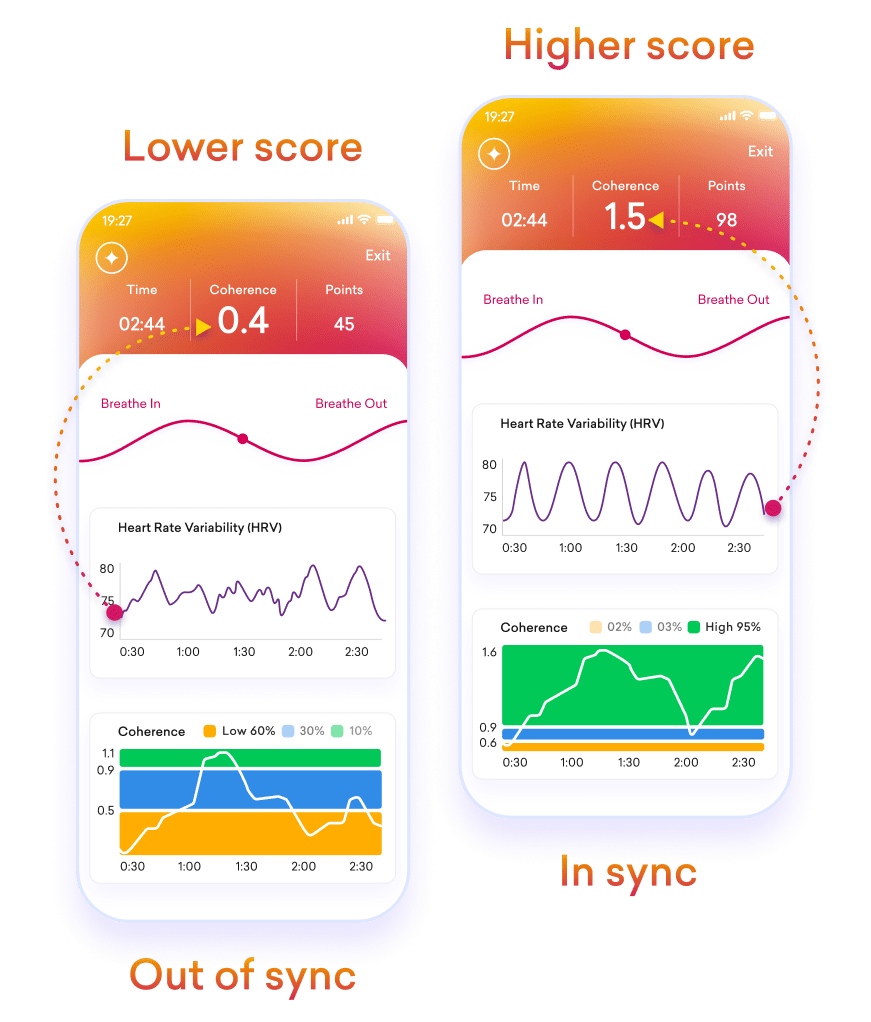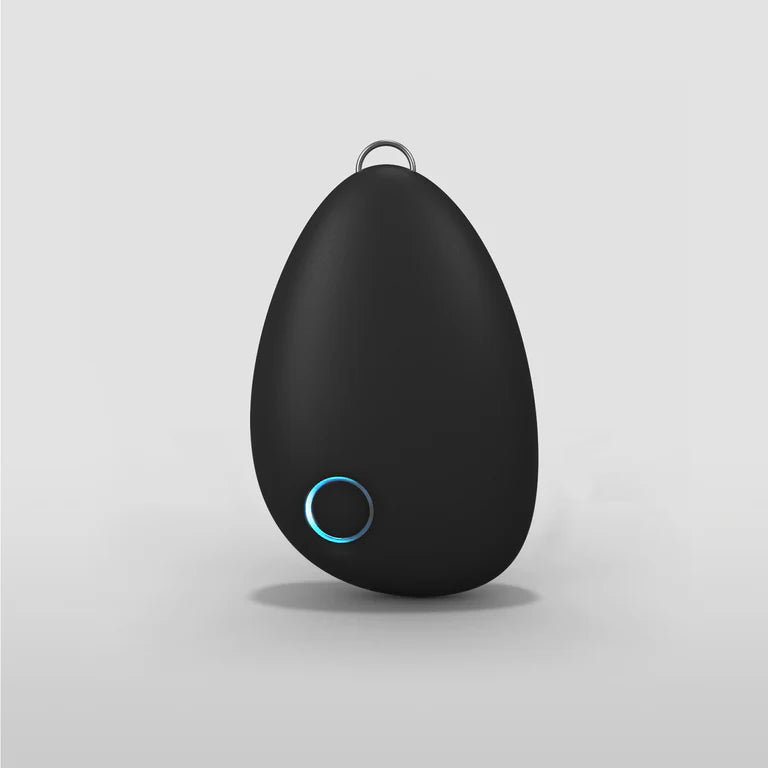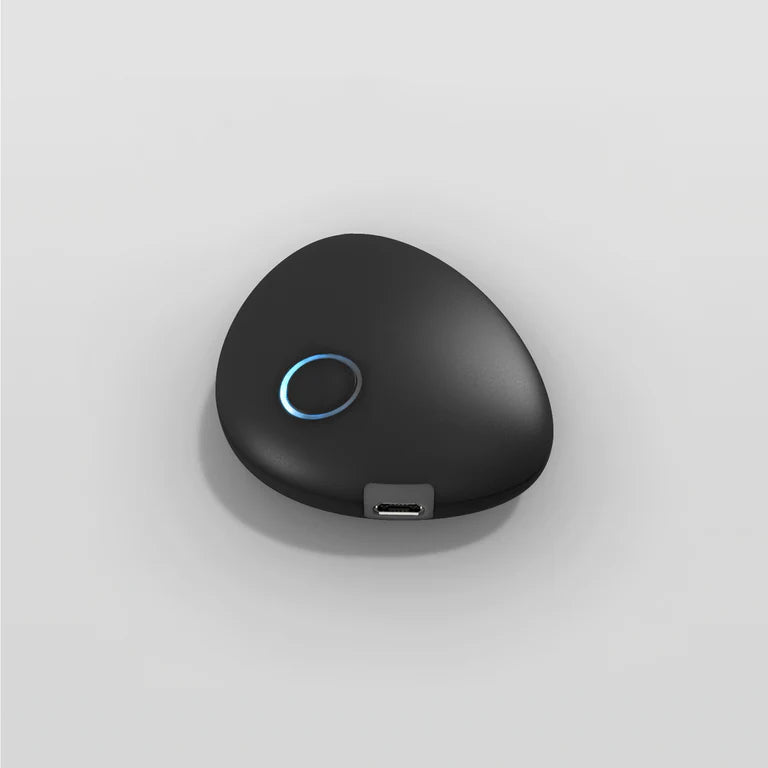
Understanding the Link Between Anxiety Disorders and Sleep Disorders
Anxiety disorders and sleep disorders are two prevalent health issues that often coexist, creating a vicious cycle that can severely impact a person's overall well-being. Understanding the link between these two conditions is crucial for developing effective treatment strategies and improving quality of life. This article dives into the intricate relationship between anxiety and sleep disorders, highlighting key research findings and offering insights into potential treatment approaches.
The Prevalence of Anxiety and Sleep Disorders
Anxiety disorders are among the most common mental health conditions, affecting approximately 1 in 5 of adults in western countries. These disorders encompass a range of conditions, including generalised anxiety disorder (GAD), panic disorder, and social anxiety disorder, all characterised by excessive and persistent worry and fear.
On the other hand, sleep disorders, such as insomnia, sleep apnea, and restless legs syndrome, affect more than 1 in 4 Adults. Research indicates that there is a significant overlap between these conditions, with anxiety disorders often leading to sleep disturbances and vice versa.
How Anxiety Affects Sleep
Anxiety can have a profound impact on sleep. The constant state of hyper-arousal associated with anxiety disorders can make it difficult to fall asleep and stay asleep. For instance, individuals with GAD often experience racing thoughts and excessive worry at bedtime, which can delay the onset of sleep. Panic attacks, which are sudden episodes of intense fear, can also occur during sleep, causing abrupt awakenings and subsequent difficulty returning to sleep.
Additionally, anxiety can affect the quality of sleep. Studies have shown that individuals with anxiety disorders often experience less deep sleep (slow-wave sleep) and more light sleep (stages 1 and 2), leading to un-refreshing sleep and daytime fatigue. This disrupted sleep architecture can exacerbate anxiety symptoms, creating a feedback loop that perpetuates both conditions.
How Sleep Disorders Affect Anxiety
Conversely, sleep disorders can significantly contribute to the development and exacerbation of anxiety disorders. Insomnia, characterized by difficulty falling or staying asleep, is particularly common among individuals with anxiety. The chronic lack of sleep associated with insomnia can increase the body's stress response, leading to heightened levels of cortisol, the stress hormone. This physiological stress can exacerbate symptoms of anxiety, making it more difficult to manage.
Sleep apnea, a condition where breathing repeatedly stops and starts during sleep, is also linked to anxiety. The intermittent hypoxia (lack of oxygen) and frequent awakenings caused by sleep apnea can lead to mood disturbances and increased anxiety levels. Moreover, the daytime sleepiness and cognitive impairments resulting from sleep disorders can reduce a person's ability to cope with stress, further worsening anxiety symptoms.
The Biological Connection
The relationship between anxiety and sleep disorders can be partly explained by shared biological mechanisms. Both conditions are associated with dysregulation of the hypothalamic-pituitary-adrenal (HPA) axis, which controls the body's stress response. Overactivity of the HPA axis can lead to increased production of cortisol, contributing to both anxiety and sleep disturbances .
Neurotransmitters, such as serotonin and gamma-aminobutyric acid (GABA), also play a role in both anxiety and sleep regulation. Serotonin is involved in mood regulation and the sleep-wake cycle, while GABA is the primary inhibitory neurotransmitter that promotes relaxation and sleep. Imbalances in these neurotransmitters can contribute to the development of both anxiety and sleep disorders.
Treatment Approaches
Addressing the comorbidity of anxiety and sleep disorders requires a comprehensive treatment approach that targets both conditions simultaneously. Cognitive-behavioral therapy for insomnia (CBT-I) is an evidence-based treatment that has been shown to improve sleep quality and reduce anxiety symptoms. CBT-I involves techniques such as sleep restriction, stimulus control, and relaxation training to help individuals develop healthier sleep patterns.
Medications, such as selective serotonin re-uptake inhibitors (SSRIs) and benzodiazepines, can also be effective in treating both anxiety and sleep disorders. However, these should be used with caution due to potential side effects and the risk of dependence with long-term use.
Incorporating lifestyle changes, such as maintaining a regular sleep schedule, reducing caffeine and alcohol intake, and practicing mindfulness meditation, can also help manage symptoms of both anxiety and sleep disorders. Regular exercise and a balanced diet are additional strategies that can support overall mental and physical health, promoting better sleep and reduced anxiety.|
Conclusion
The link between anxiety disorders and sleep disorders is complex and bidirectional, with each condition capable of exacerbating the other. Understanding this relationship is essential for developing effective treatment strategies that address both conditions simultaneously. By combining cognitive-behavioral therapy, medication, and lifestyle changes, individuals can improve their sleep quality, reduce anxiety symptoms, and enhance their overall quality of life.
References
- Facts & Statistics. Anxiety and Depression Association of America. https://adaa.org/understanding-anxiety/facts-statistics
- Sleep Disorders. American Sleep Association. https://www.sleepassociation.org/patients-general-public/what-are-sleep-disorders/
- Generalised Anxiety Disorder and Sleep. National Institute of Mental Health. https://www.nimh.nih.gov/health/statistics/generalized-anxiety-disorder
- Harvey, Allison G. "Insomnia, psychiatric disorders, and the transdiagnostic perspective." Current Directions in Psychological Science, vol. 17, no. 5, 2008, pp. 299-303.
- The Role of Cortisol in Anxiety and Insomnia. Sleep Foundation. https://www.sleepfoundation.org/insomnia/role-cortisol-anxiety-and-insomnia
- Sleep Apnea and Anxiety: Understanding the Connection. American Academy of Sleep Medicine. https://aasm.org/sleep-apnea-and-anxiety/
- Cognitive Behavioural Therapy for Insomnia (CBT-I). Mayo Clinic. https://www.mayoclinic.org/tests-procedures/cognitive-behavioral-therapy-for-insomnia/about/pac-20384938
Read More
Stress & Anxiety Improving Products
- Regular Price
- $440.00
- Sale Price
- $440.00
- Regular Price
-
- Unit Price
- per





